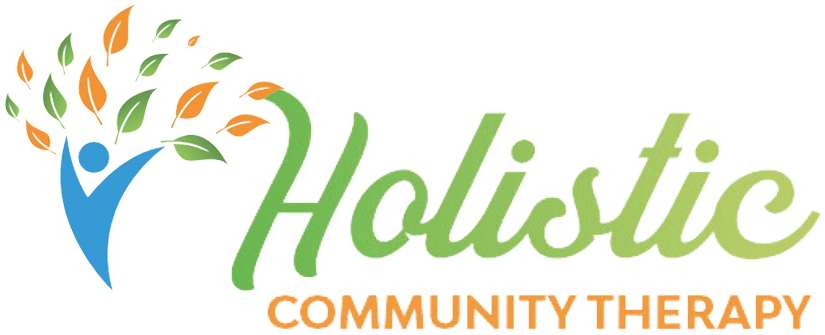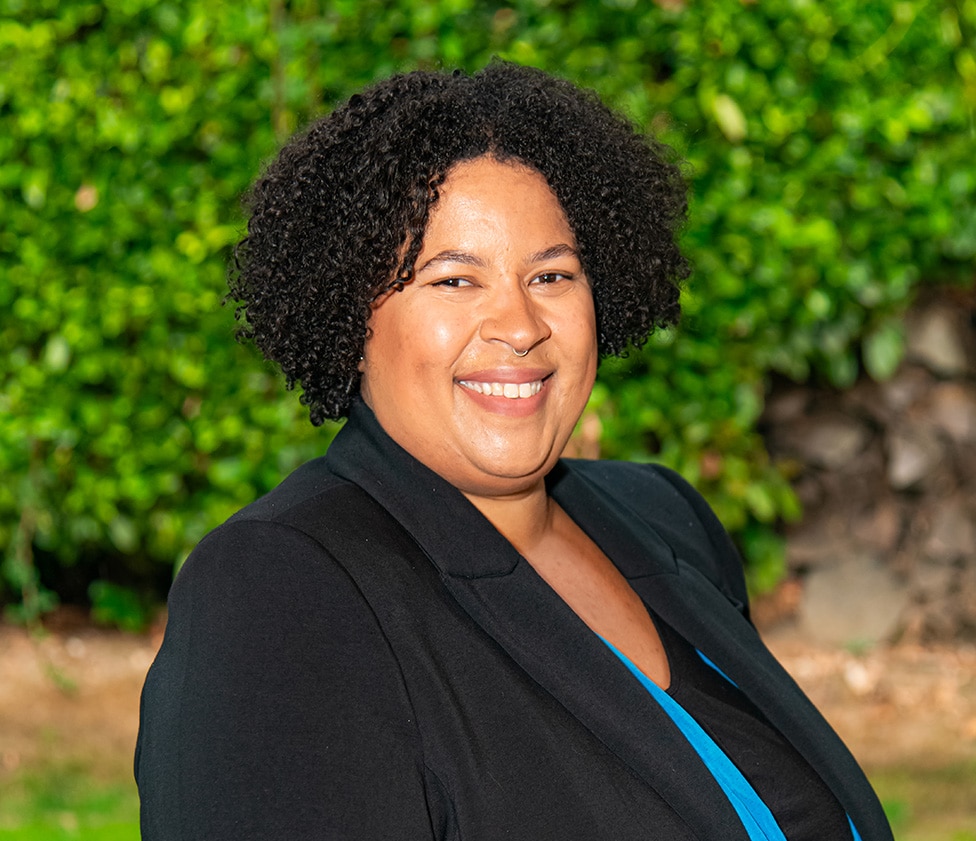
Work-life support for chronically ill adults often gets reduced to “time management hacks” or “self-care checklists.” But for many people navigating unpredictable energy, medical demands, and mental overload, those tools don’t work. It’s hard to stick to a routine when your energy is unpredictable, your blood sugar dips in the middle of a meeting, or your body needs rest after back-to-back appointments.
At Holistic Community Therapy (HCT), we know that balance doesn’t look the same for everyone. Instead of a one-size-fits-all model, we help clients create personalized systems and support that fit their bodies, brains, and the rhythms of their real lives here in Oregon.
The Unique Challenges of Work-Life Balance with Chronic Illness or Disability
Many adults living with chronic illness or disability experience barriers that go far beyond traditional “productivity advice.”
Common Struggles Include:
- Energy variability: Some days you feel capable, while other days getting out of bed or prepping a meal feels like too much.
- Healthcare demands: Frequent appointments, treatments, and recovery time mean your calendar often belongs to your body first.
- Workplace challenges: Limited flexibility, lack of accommodations, or feeling pressure to “mask” or overcompensate just to appear “on it.”
- Emotional impact: Feelings of guilt, isolation, or that frustrating internal dialogue: Why can’t I just keep up like everyone else?
These realities make traditional work-life balance tools incomplete. That’s where work-life support for chronically ill adults through occupational therapy can make a real difference.
How Occupational Therapy Provides Work-Life Support for Chronically Ill Adults
Occupational therapy looks at the whole picture of your daily life—work, health management, rest, and relationships—and helps you design strategies that reduce overwhelm while increasing independence. At HCT, we take into account your lived experiences—racism in healthcare, the stress of being “the only one” at work, or the challenge of caring for others while managing your own diagnosis.
Energy Conservation and Pacing
We teach clients to use pacing techniques, adaptive planning, and prioritization to avoid burnout and reduce symptom flare-ups. Think: learning when to push and when to pause, not because you’re lazy—but because your nervous system needs space.
Creating Flexible Routines
Instead of rigid schedules, therapy focuses on adjustable structures that allow for fluctuation in energy and health needs. This might look like mapping out your mornings based on blood sugar patterns, or building a daily “anchor” activity like making tea or walking the dog.
Workplace and Advocacy Support
OT can help you identify needed accommodations, practice self-advocacy conversations, and develop systems to manage tasks at a sustainable pace. You don’t have to “tough it out” or explain yourself over and over—we help you script and practice asking for what you need.
Balancing Mental and Physical Health
Therapy integrates strategies for stress management, sensory regulation, and daily wellness routines so that both body and mind are supported. This might include calming strategies for post-appointment anxiety, grounding routines for ADHD, or ways to recover after emotionally taxing workdays.
Practical Strategies to Try Today
Here are a few therapist-informed tips that clients often find helpful:
- Use “priority buckets” instead of to-do lists: Focus on the 2–3 things that matter most each day, instead of overwhelming yourself with long lists.
- Plan around energy peaks: Schedule demanding tasks for the times of day when you typically feel strongest. (For some clients, that’s 10am after breakfast and insulin; for others, it’s right after their midday walk.)
- Build in recovery time: Treat rest as a non-negotiable part of your schedule, not something “extra.”
- Leverage assistive tools: Apps, reminders, or environmental modifications can reduce cognitive and physical load. For example, some clients use Alexa to remind them to stand and stretch, while others set up a visual calendar in their kitchen.
Why This Support Matters
For chronically ill and disabled adults, work-life balance is not just about productivity. It’s about sustainability and quality of life. The right support can help you:
- Maintain meaningful employment or volunteer work without sacrificing health.
- Stay engaged in hobbies, social connections, and community life.
- Feel less like you’re constantly dropping the ball—and more like you’re making your own rules.
- Reduce guilt and stress by creating systems that actually work for you.
- Feel empowered instead of defined by limitations.
Support in Portland and Across Oregon
At Holistic Community Therapy, we provide:
- In-Person Services in Portland: Working with clients in their real-life environments—homes, workplaces, parks, even the coffee shop—to build sustainable routines.
- Virtual Therapy Statewide: Helping Oregon clients integrate life skills, energy management, and advocacy into their daily lives—without leaving home. From Astoria to Ashland, you don’t have to do this alone.
FAQs: Work-Life Support for Chronically Ill and Disabled Adults
- Can therapy really help with work-life balance if my health is unpredictable?
Yes. Therapy helps you design flexible systems that adapt with you, so balance doesn’t disappear on tough days. Your goals don’t have to wait for perfect health—we work with the life you’re living right now. - Do I need to be working full-time to benefit from this support?
Not at all. Work-life balance includes all your daily roles: managing health, relationships, community, and meaningful activities. - How is this different from coaching?
Coaching gives advice. Occupational therapy provides skilled, evidence-based evaluation, treatment, and real-world practice to create lasting changes in how you manage life. - Will therapy push me to do more than I can handle?
No. The goal is not to force productivity. It’s to help you find balance that honors your health and goals. You set the pace. We walk with you.
Balance on Your Terms
Work-life balance doesn’t have to mean pushing through pain, ignoring your limits, or trying to fit into someone else’s idea of success. With the right tools, strategies, and affirming support, you can create a daily rhythm that supports both your health and your goals.
At Holistic Community Therapy in Portland, we offer personalized work-life support for chronically ill adults—helping you build a rhythm that supports your health, not fights against it.
Ready to find balance that works for you? Call or text (503) 882-0988 to schedule a consultation today.










